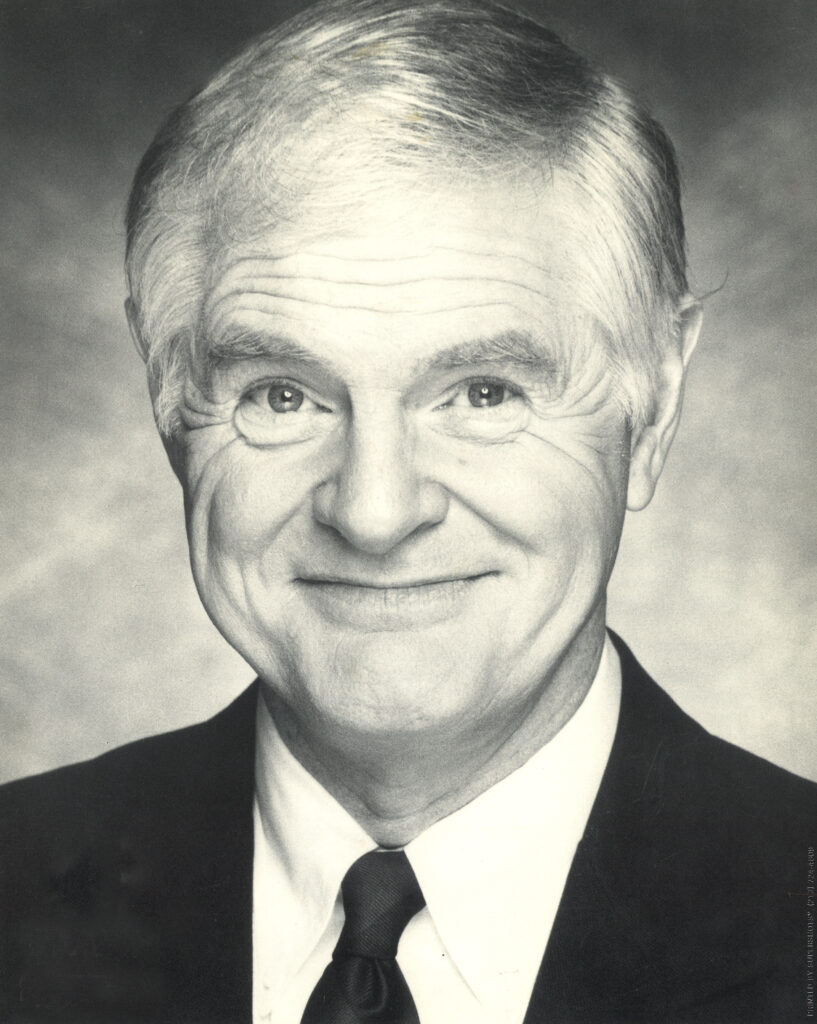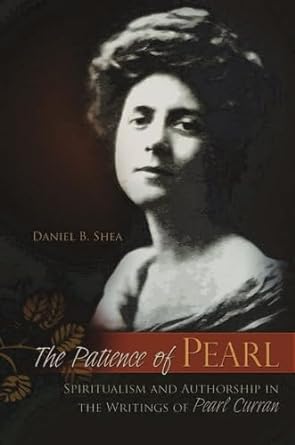
Dan Shea, a professor emeritus of English in Arts & Sciences at Washington University in St. Louis, died Monday, Oct. 23, 2023, while in hospice care at his home in the Central West End. He was 86.
A specialist in early American literature as well as an accomplished stage actor, Shea was born in Minneapolis but experienced a nomadic childhood, moving a dozen times by the age of 13. In 1958, he graduated summa cum laude from the College of St. Thomas, then earned both a master’s degree and a doctorate from Stanford University, in 1962 and 1966, respectively.
Shea joined the WashU faculty in 1962. His first book, “Spiritual Autobiography in Early America” (1968), explored writings by Quakers and Puritans in 17th- and 18th-century New England. Other publications include “Journeys in New Worlds: Early American Women’s Narratives (1991), which he co-edited, as well as numerous essays on writers including Thomas Morton, Jonathan Edwards, B.F. Skinner and Pennsylvania Quaker preacher Elizabeth Ashbridge, whose autobiography he also edited.
Shea was named chair of English in 1978, holding the post until 1984 and resuming it in 1995. Other university service included leading the Committee on Undergraduate Teaching and the Edison Advisory Committee; co-chairing the University Roundtable on Sexual Harassment; and serving as acting chair of the Performing Arts Department (PAD) in Arts & Sciences. He was named a professor emeritus in 2007.
In 2012, Shea published “The Patience of Pearl,” about St. Louis writer Pearl Curran. Beginning in 1913, Curran — who happened to live less than a block from Shea’s longtime home in the Skinker-DeBaliviere neighborhood — produced fiction and poetry that she attributed to a deceased Puritan named Patience Worth.

“Curran was a St. Louisan, a Missourian, a citizen of the Show Me State,” Shea told the WashU Record in 1998. “Patience Worth was a 17th-century spirit who said she was born in the south of England, emigrated to New England, died in an Indian attack and more than a century later communicated her literary ambition to Curran via the Ouija board.
“Their life and work touch on so many historical patterns that interest me,” Shea added, including “early American literature, spiritualism, the history of women’s literature and, of course, acting.”
Described by theater critic Harry Weber as one of the area’s “most powerful actors,” Shea was a member of Actors Equity and the American Federation of Television and Radio Artists. He appeared in dozens of productions, both with the PAD and professional companies including The New Theatre, Off The Cuff Productions and the St. Louis Shakespeare Company.
Credits range from starring roles in Shakespeare’s “King Lear” and Chekhov’s “The Three Sisters” to modern and contemporary plays such as C.P. Taylor’s “And a Nightingale Sang” and Hélène Cixous’ “The Conquest of the School of Madhubai.”
Shea is survived by his wife of 45 years, Kathleen Williams; by his children, Matthew Shea, Catherine Cleavinger, Daniel D. Shea and Emily Fisher; and by five grandchildren. His oldest son, Timothy, preceded him in death in 2014.
Shea donated his body to the Washington University School of Medicine. A celebration of his life will take place from 1-4 p.m. Sunday, Dec. 3, in Umrath Hall Lounge on the Danforth Campus. Memorial donations can be made to WashU or to the Alzheimer’s Association.